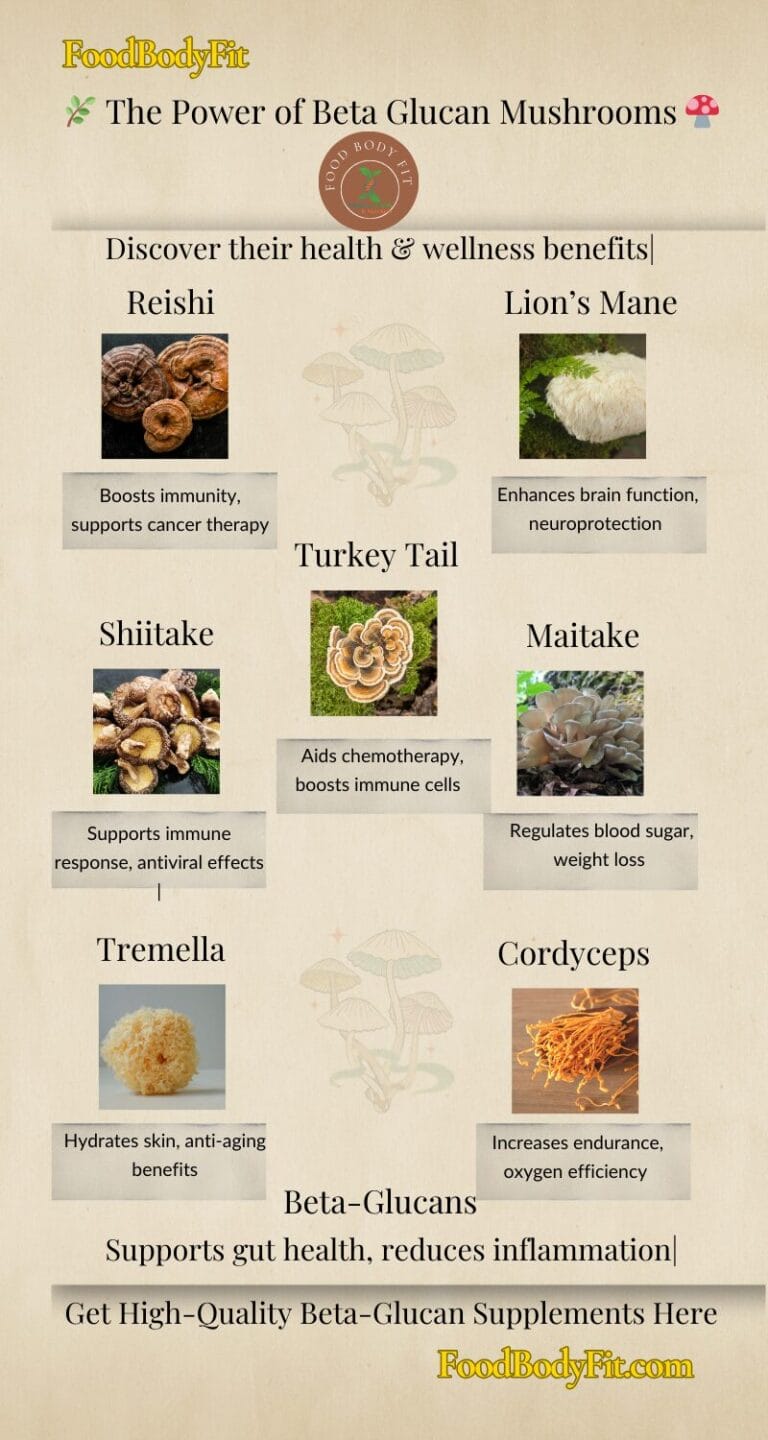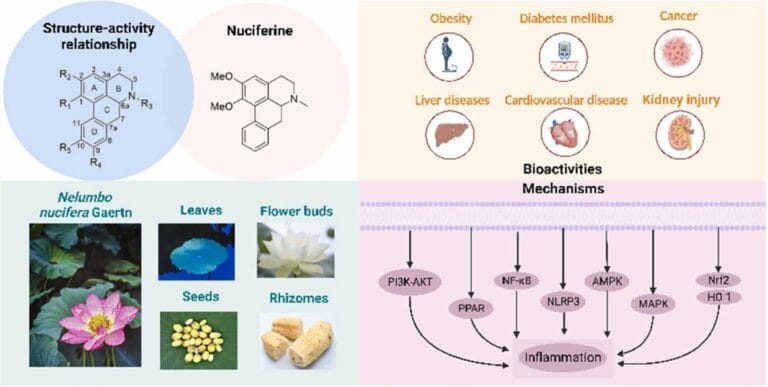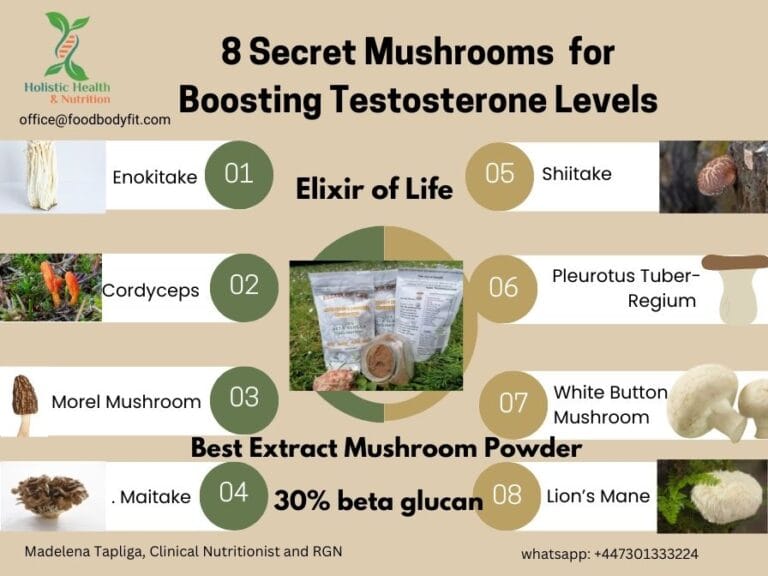 What is pneumonia?
What is pneumonia?
Pneumonia is an inflammation of one or both lungs, which is usually caused by an infection. This inflammation causes tiny air sacs (called the aleveoli) inside your lungs to fill with fluid. This makes it harder for the lungs to work properly. Your body sends white blood cells to your lungs to try to fight the infection. Although this helps kill the germs, it can also make it harder for your lungs to pass oxygen into your bloodstream.
What causes pneumonia?
Many different kinds of bacteria, viruses and, occasionaly fungi can cause pneumonia. The most common cause is a type of bacteria called Streptococcus pneumoniae, but in individual cases the cause can be unknown
In winter the number of cases of pneumonia rises. This is because of infection spreading from person to person, and because other infections are more to common in the winter, such as influenza (flu). An infection with flu can lower your immune system, increasing your risk of picking up pneumonia
What are the symptoms?
If you have pneumonia, you will feel unwell and experience symptoms that are similar to flu or a chest infection. The symptoms usually develop gradually over days, but sometimes they can progress much faster
Almost all people with pneumonia will have a high temperature. This can sometimes be very high and you might also sweat and shiver. Another symptom is a cough that brings up phlegm (mucus).
If your breathing is quick, this suggests that the pneumonia is likely to be severe. Confusion is also a serious sign.
A sharp pain in the side of your chest, wich becomes worse when you take a deep breath, usually means that pleurisy has developed. This measn the thin outer covering of the lung becomes infected and inflamed by the pneumonia.
Who is the most of risk?
Anyone of any age can get pneumonia. In adults, approximately 5-11 people out of every 1,000 get the condition each year in the UK. Pheumonia can be more of a threat for two groups of people:
- Firstly, people who have a higher risk of developing pneumonia, such as those with a weaker immune system.
- Secondly, people who are not at extra risk of developing pneumonia, but if they do develop it they may experience worse effects. This group includes people with heart or lung disease and other medical conditions.
Both these groups need to take more care to reduce their chances of developing pneumonia and any potential complications.
People in these high-risk groups include:
- older people, babies and infants
- people with long-term heart, lung and kidney conditions, and those with diabetes
- people with cancer, especially those having chemotherapy or who have leukaemia or lymphomapeople
- people who smoke or drink alcohol to excess
- people receiving drugs that suppress the immune system, and those with HIV/AIDS.
In addition to these groups, people who are in hospital for other problems sometimes developpneumonia during their stay. This does not mean that the hospital is unhygienic, but that their resistance to the germs that can cause pneumonia has been weakened by thir other medical problems.
Preventing pneumonia
Not smoking is essential to reduce risk of pneumonia. Smokers have an increased risk of developing pneumonia and other chest infections-and so do children whose parents smokeInfections that are common in winter can increase the risk of pneumonia. Therfore , its important to practice good hygiene to reduce the spread of germs.
One person in five in the UK is affected by lung disease. Millions more are at risk.
If you are experiencing the symptoms described here, seek medical advice as soons as possible




